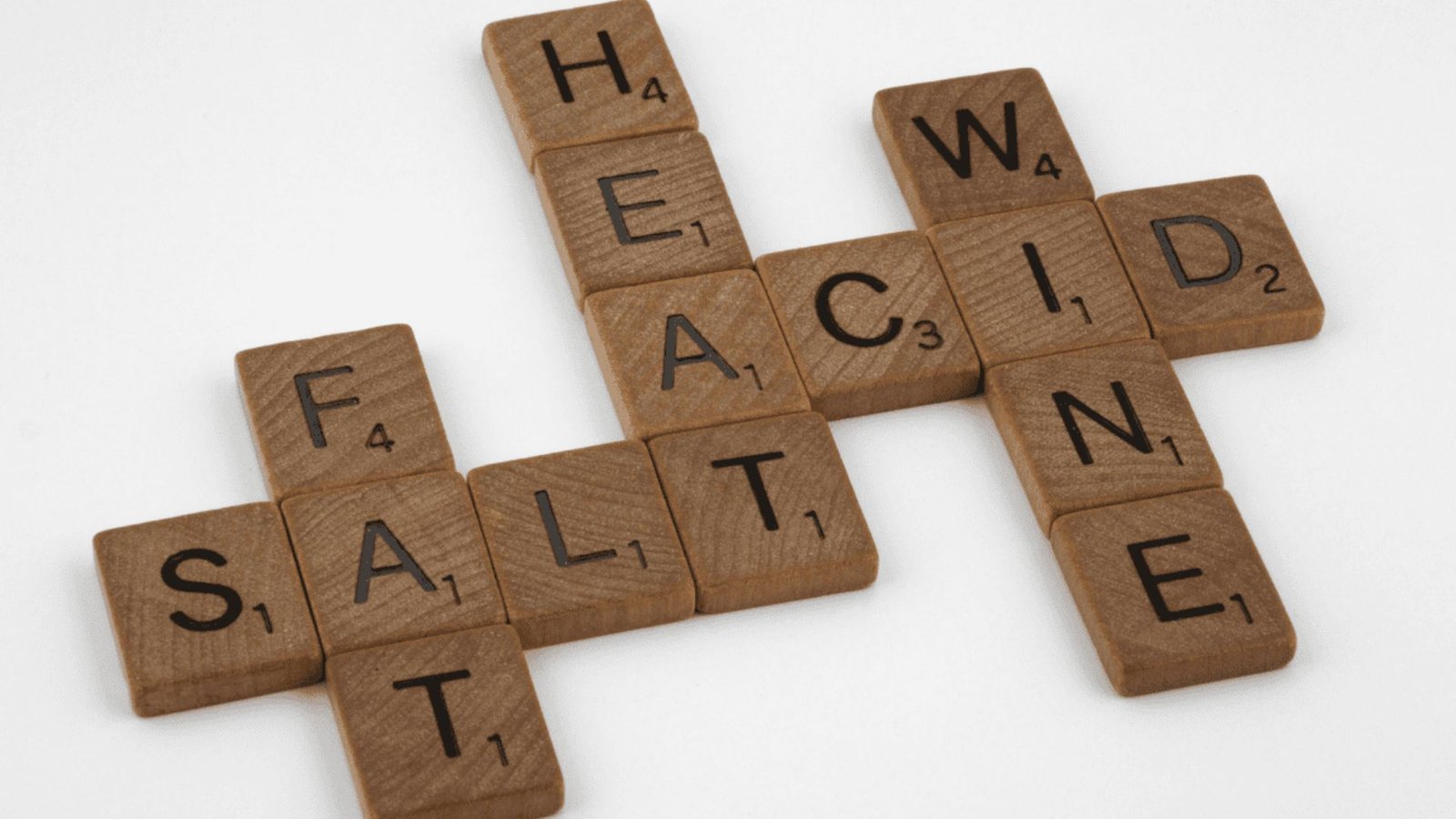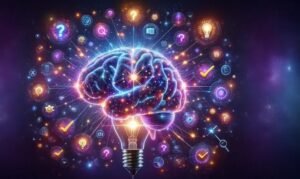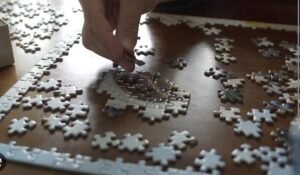Puzzles are not just a source of entertainment—they are also powerful tools for boosting cognitive function. Whether you’re piecing together a jigsaw puzzle, solving a crossword, or engaging with Sudoku, these activities can have a significant positive impact on your brain. In this article, we’ll explore the key cognitive benefits of solving puzzles regularly and how this enjoyable activity can help sharpen your mind, improve memory, and enhance problem-solving skills.

Memory Enhancement
a. Strengthening Short-Term Memory
When you work on a puzzle, your brain actively engages in short-term memory processes. For example, when solving a jigsaw puzzle, you need to recall the shapes, colors, and patterns of the pieces you’ve already viewed. The constant effort of trying to remember where certain pieces fit strengthens the brain’s ability to retain and recall information quickly.
b. Improving Long-Term Memory
As you continue to work on puzzles over time, you begin to enhance your long-term memory as well. Complex puzzles that span multiple sessions require you to retain information from previous days or even weeks. This helps build neural pathways and reinforces your brain’s ability to recall long-term information, improving memory retention in other areas of life, too.
c. Boosting Working Memory
When solving a puzzle, you need to hold multiple pieces of information in your mind at once—this is where working memory comes in. Whether you’re keeping track of which pieces you’ve already placed or mentally trying to visualize where others fit, working memory is constantly challenged and improved. Over time, this results in stronger mental organization and better multitasking abilities.
Improved Problem-Solving Skills
a. Developing Logical Thinking
Puzzles require you to approach problems step-by-step and use logical reasoning to determine solutions. Whether it’s figuring out how pieces of a jigsaw puzzle fit together or choosing the correct word in a crossword, you are forced to think critically about each step. This cultivates logical thinking and helps sharpen your ability to approach problems methodically, which is beneficial in many areas of life, from work to personal decision-making.
b. Encouraging Creative Problem Solving
Puzzles don’t always present immediate solutions, which forces you to think outside the box. You may need to try various strategies, make connections, or even experiment with pieces to find the right fit. This process encourages creative problem-solving, helping you develop a flexible mindset. The ability to come up with creative solutions to challenges can carry over into other areas of life, including work, school, and relationships.
c. Building Cognitive Flexibility
Solving puzzles trains the brain to be more cognitively flexible, allowing you to adjust your thinking and approach when one method isn’t working. Puzzles, particularly complex ones, often require a change of strategy or a shift in perspective, which in turn improves your brain’s ability to pivot and tackle problems in novel ways.
Enhanced Concentration and Focus
a. Increasing Attention Span
Puzzles demand sustained attention and focus. Whether you’re working on a long crossword, solving a challenging Sudoku puzzle, or piecing together a 1,000-piece jigsaw. Your ability to concentrate is put to the test. Regularly solving puzzles trains your brain to maintain focus for longer periods of time, improving overall concentration skills.
b. Building Mental Endurance
Puzzles help to develop mental endurance—the ability to stay focused and committed even when tasks become challenging or repetitive. The more you solve puzzles, the better your brain becomes at resisting distractions, maintaining focus, and pushing through complex challenges.
c. Sharpening Attention to Detail
Puzzles are often about noticing the small details—whether it’s a slight color variation in a jigsaw piece or the placement of a single word in a crossword. Solving puzzles regularly helps improve your attention to detail, allowing you to spot important information more quickly and accurately. This skill is useful in everything from academic studies to professional tasks and even in personal activities like shopping or managing household projects.
Conclusion
Solving puzzles regularly is a simple yet powerful way to improve a wide range of cognitive functions, including memory, problem-solving, concentration, visual-spatial skills, and mental resilience. Whether you’re piecing together a jigsaw puzzle, completing a crossword, or solving Sudoku, your brain benefits from the mental exercise and stimulation that puzzles provide.



